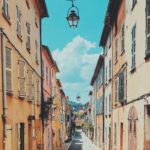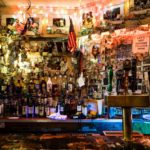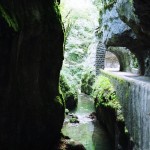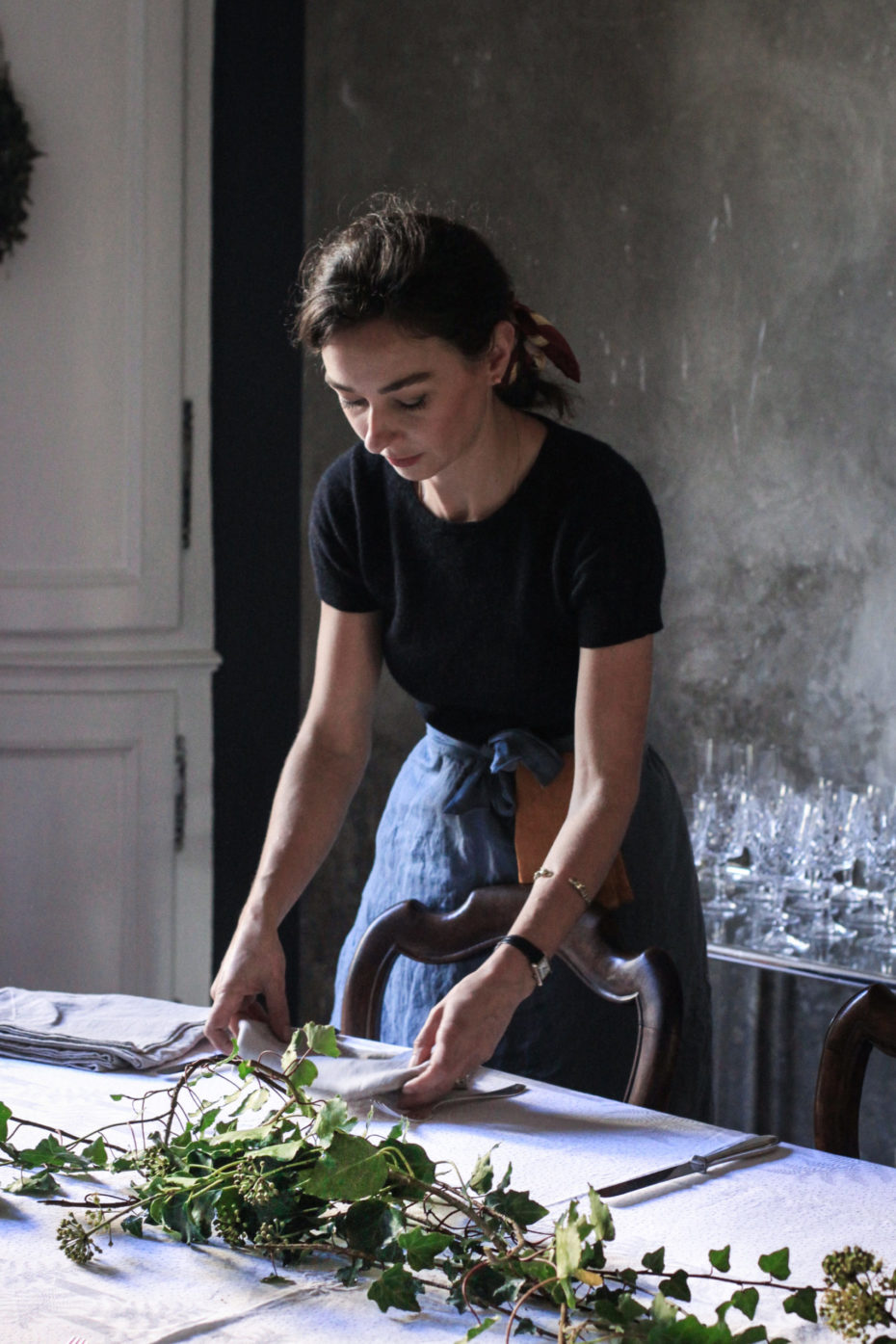
Nestled in the lush green hills of Eastern France, in a village untouched by time, Selina Göldi is preparing a feast. Not in the empty halls of a château, nor the industrial kitchen of a restaurant, but from her cozy little home on the banks of the River Saône. Bouillabaisse bubbles on the stove as she polishes crystal glasses and plucks the ivy growing wild in the garden for the centrepiece, peering out the window every now and then in anticipation for her guests to arrive. It’s here where ‘l’Art de Bien Manger’, (the art of eating well), will soon be realized, where stories will be told, and memories of glorious feasts will be relived, when the time allows …
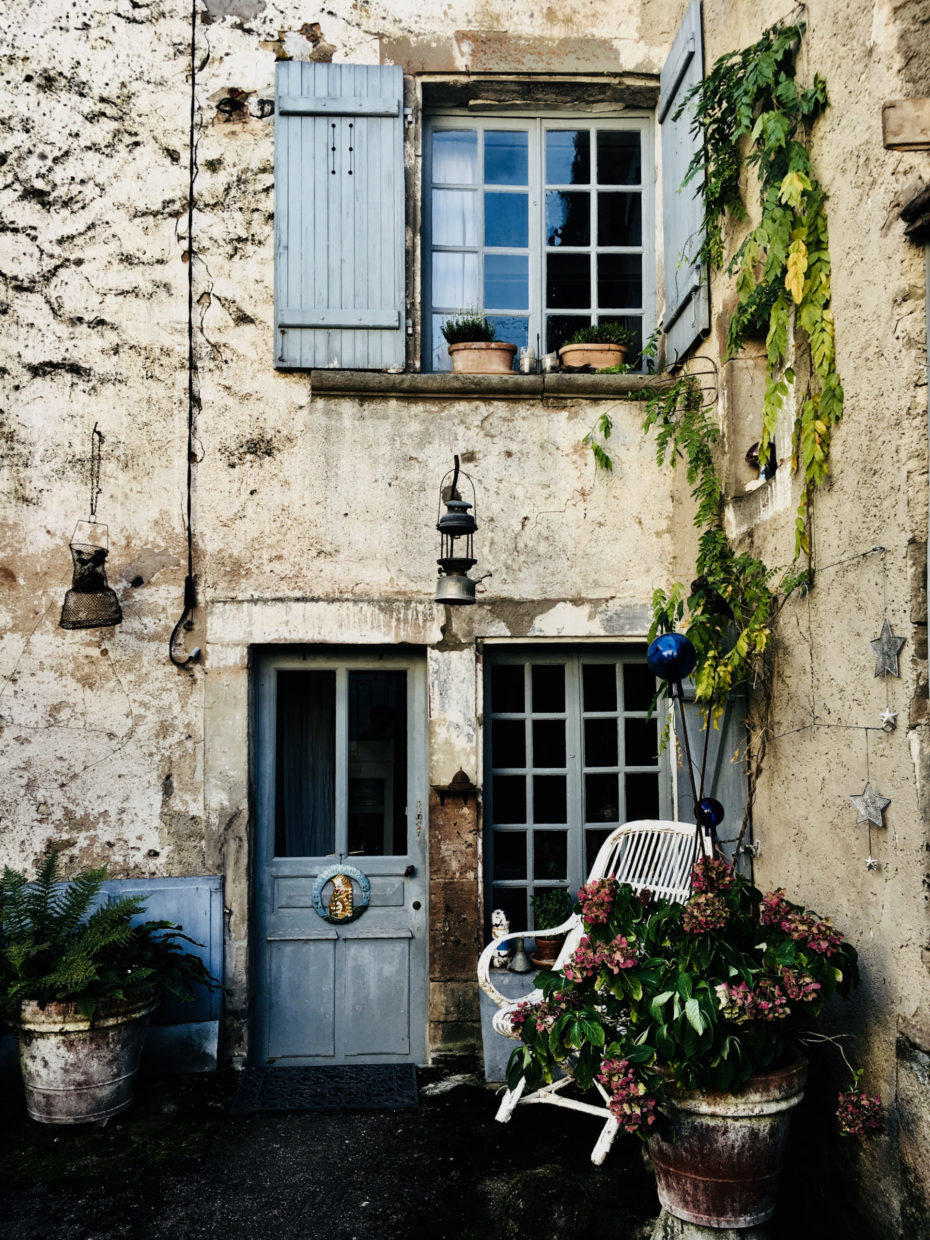
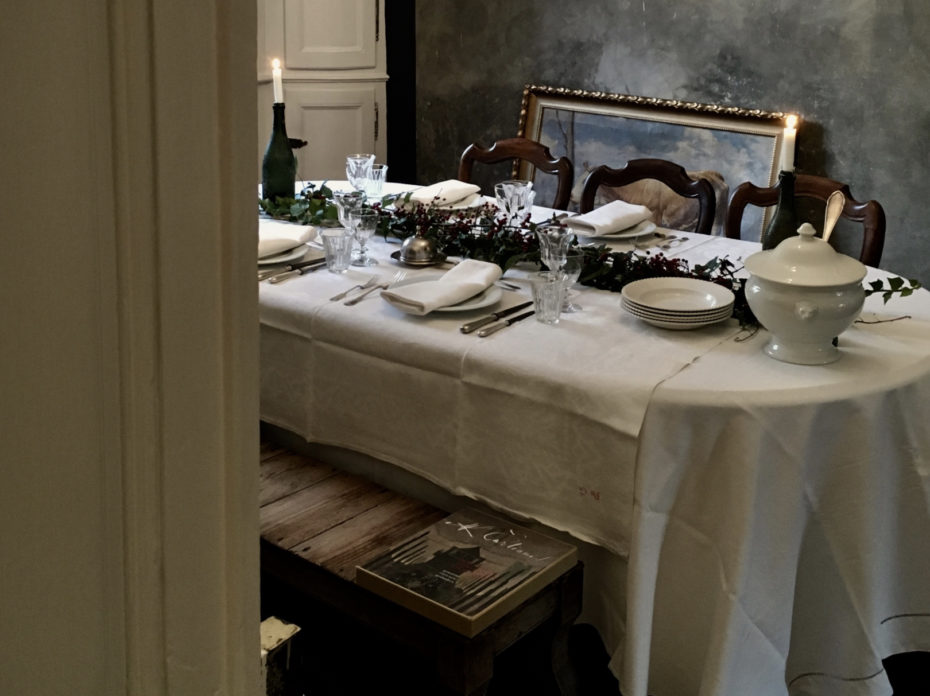
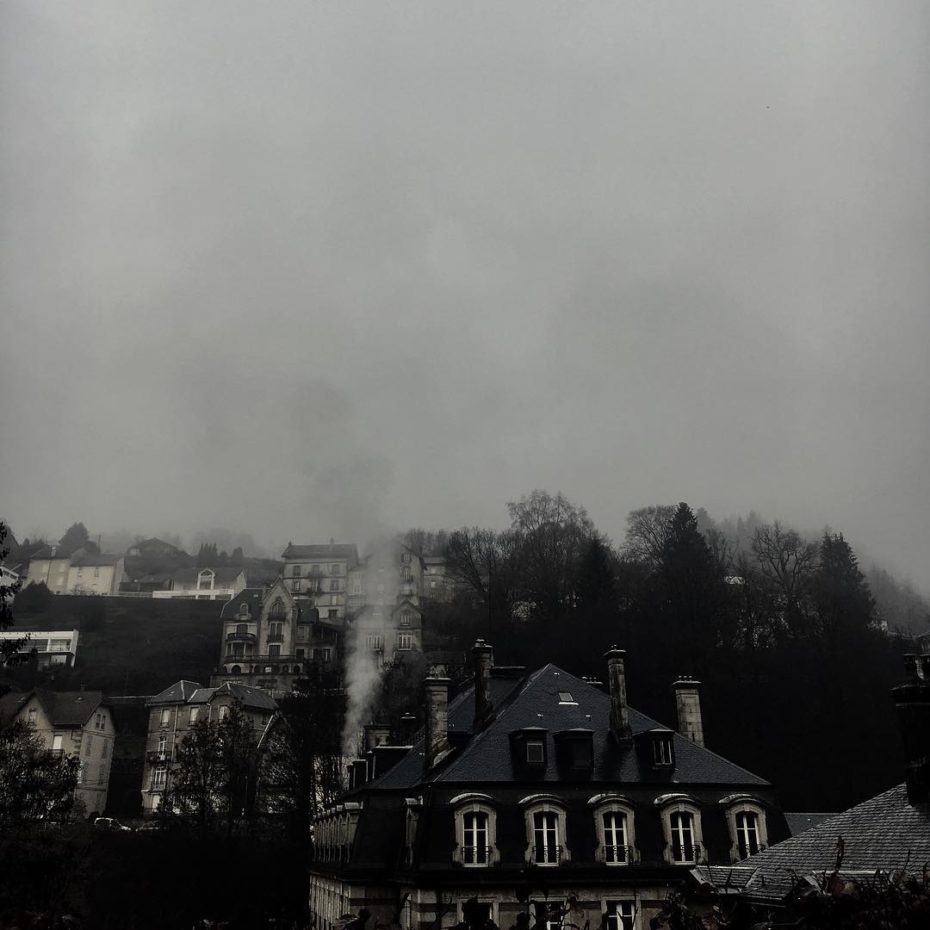
Swiss native Selina and her husband Lars fell in love with “the landscape, with the light, the air, the battered old villages, and the woods” in this corner of France 10 years ago. Having spent much of her childhood outdoors on her grandfather’s farm in the Swiss Alps, she was yearning for an oasis away from the hustle and bustle of Zurich. What began as a search for a humble weekend escape soon evolved into a full-fledged passion project when they found a diamond in the rough – a historic home by the river which had been deserted for decades.
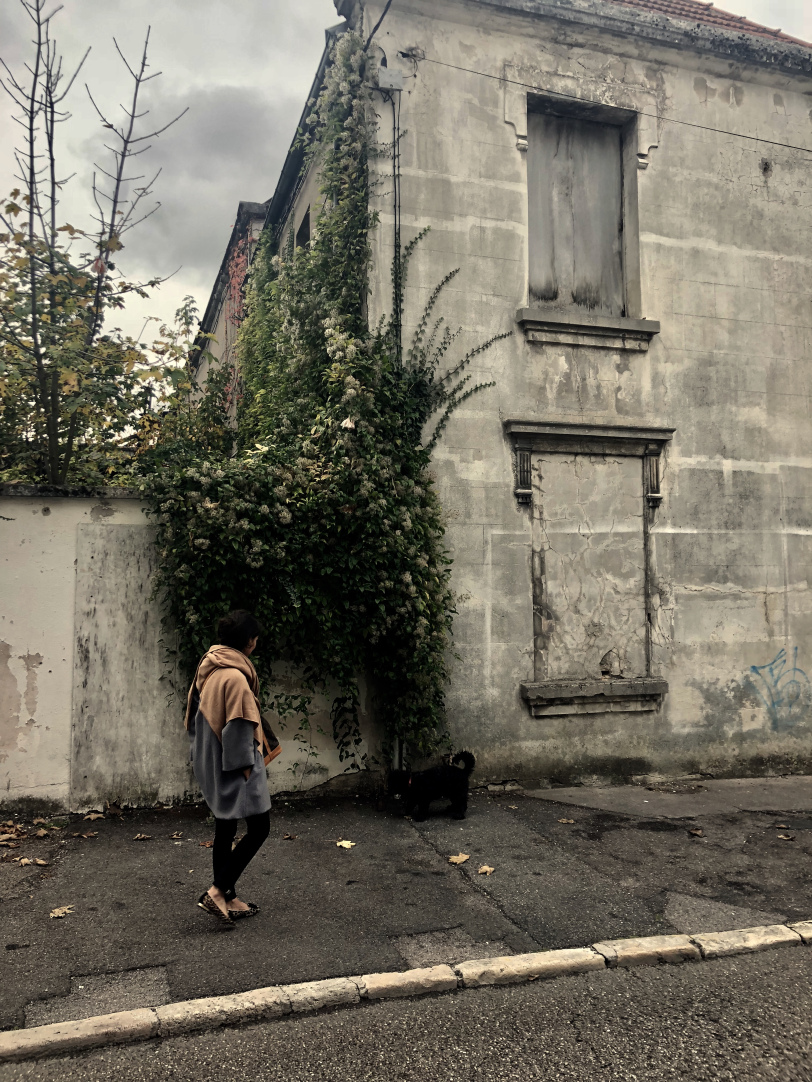
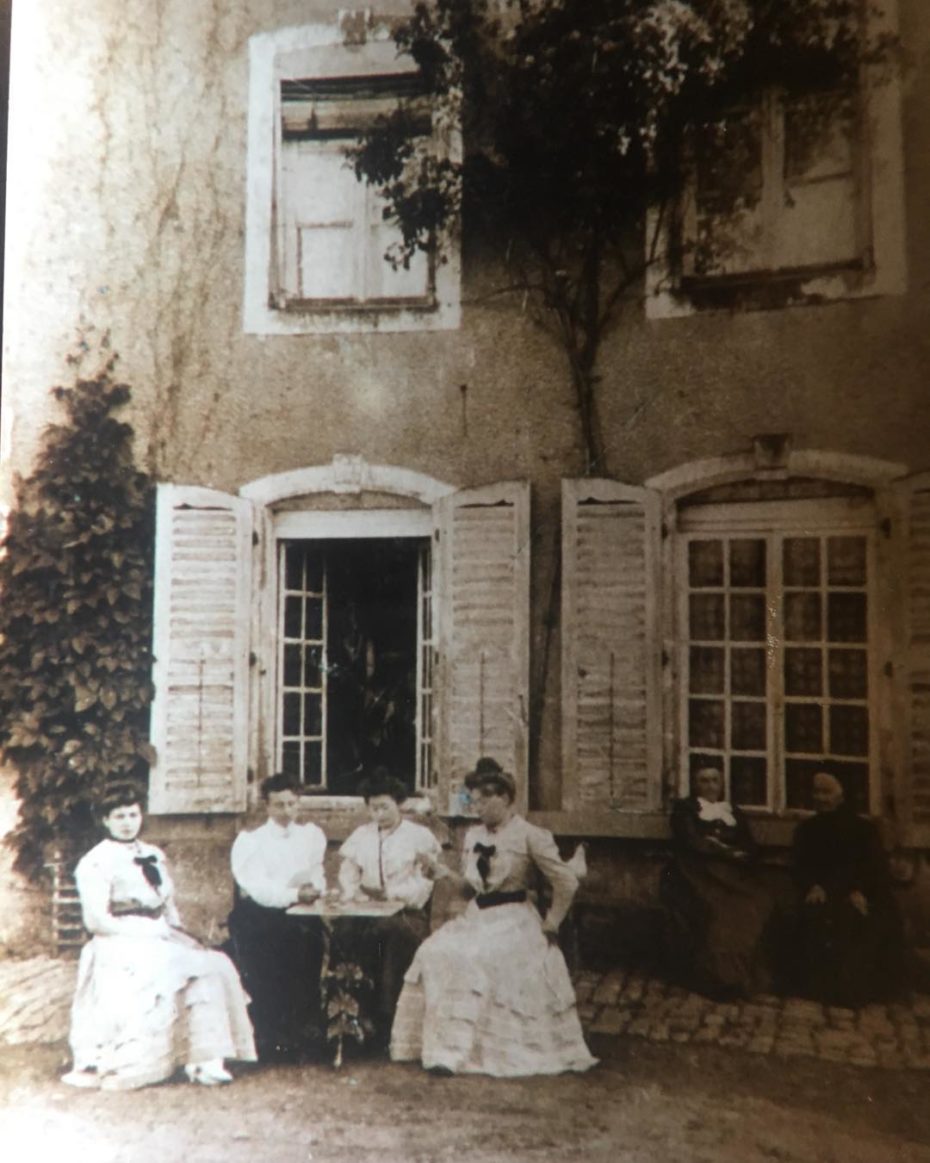
Sifting through the cobwebs that enveloped the original furniture and weeds that had reclaimed the garden, they were charmed by the homes’ solid bones and the opportunity to breathe new life into a forgotten beauty.
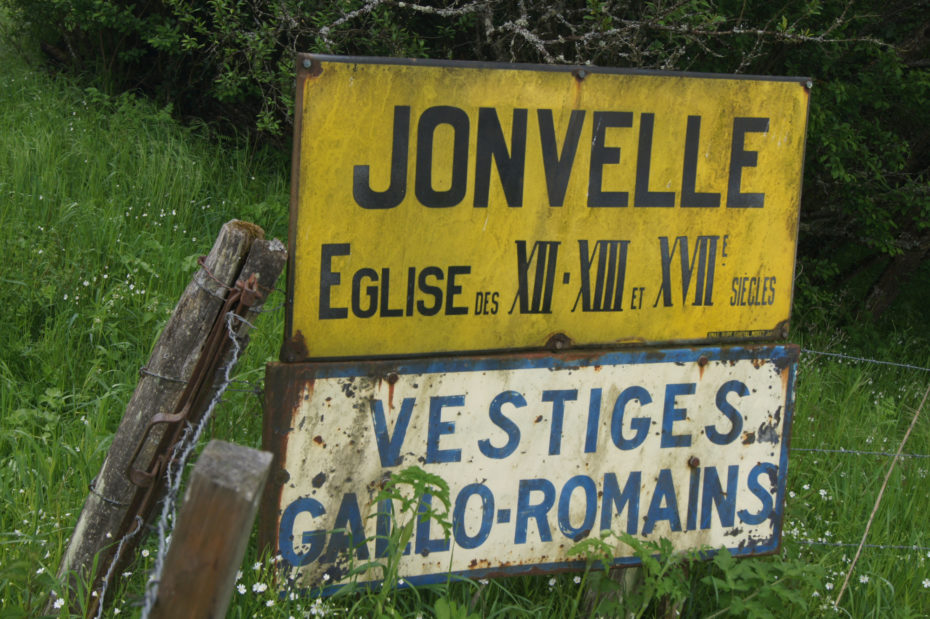
Far away from the tourist-trampled, insta-famous towns of France’s more developed Southern and Central regions, arriving in Jonvelle, you could easily believe you’ve travelled back to the 19th century. Tucked between woodlands blanketed by a silver fog in the winter and fields of wheat shimmering golden in the summer, the scenery of the surrounding areas has captured the imaginations of French-realist and impressionist painters Monchablon, Moreau, and Renoir.
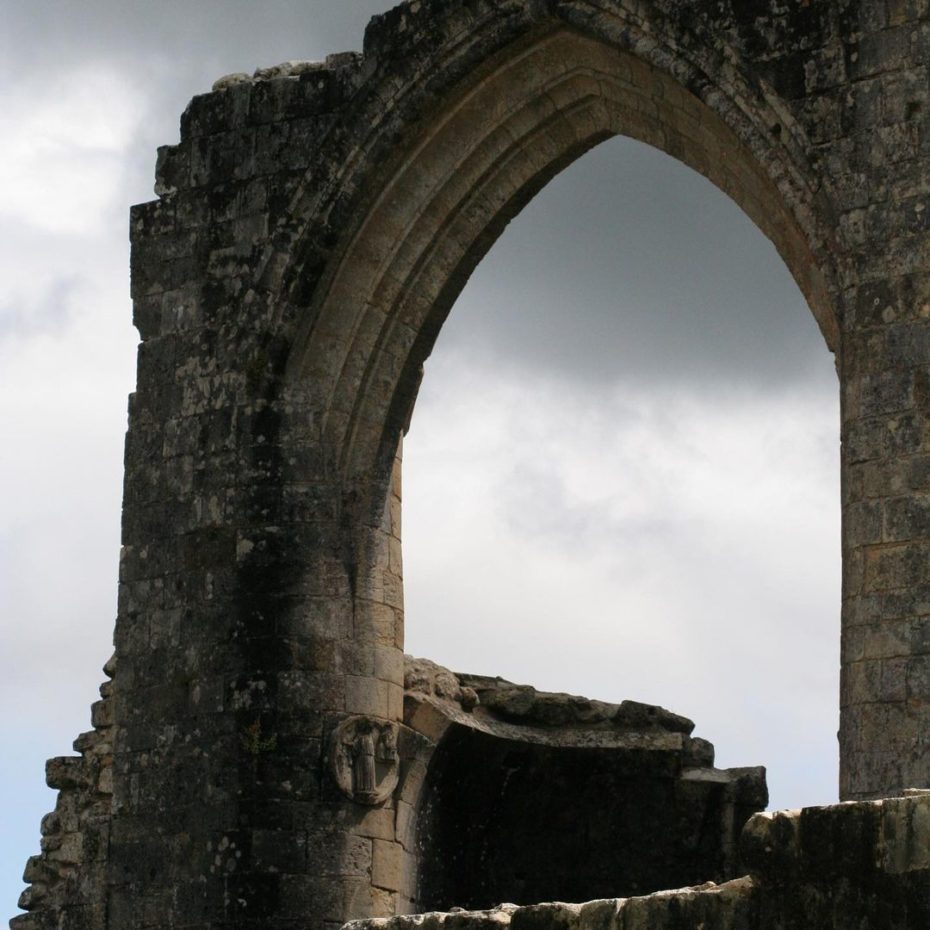
Once the sight of sprawling Gallo-Roman villas (the stunning ruins of the Roman Baths are on display in the town’s museum, alongside an eclectic collection of vintage tractors and a shrine to the region’s local cheese producers) and a thriving medieval metropolis, today there are just 100 inhabitants who call this sleepy town home.
You can say Bonjour to just about all of them as the shutters fly open and they rush out in their linen pyjamas to retrieve fresh croissants when the travelling Boulanger honks her horn on the town square every second morning. Until as late as 1990, there was a school, a small corner store selling fresh produce, and even a café on the square where you could sip Gamay and play pétanque. But as more and more young people left the countryside in search of opportunities in the city, villages like Jonvelle were, for a long time, left behind.
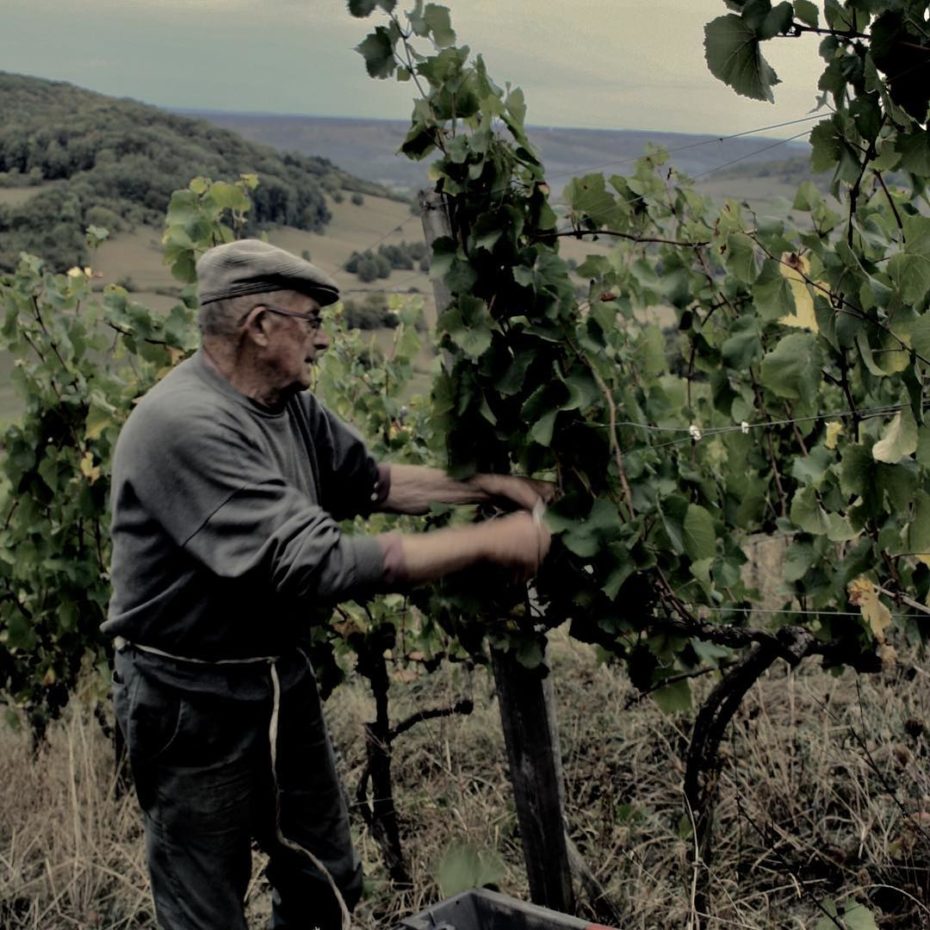
That’s starting to change, with the help of people like Selina. After commuting between France and Zurich for the first few years, Selina decided to take the plunge and move to Jonvelle in 2017, leaving behind her career in finance in pursuit of a more intentional life. She started her blog, Les Poissonchats, to share her adventures in the French countryside with friends and family. Through her blog and social media, she was gradually introduced to a community of like-minded individuals, from all walks of life, who were on the same mission to find beauty in life’s simple pleasures. Then, a vision dawned on her. Rather than simply recounting her own story online, Selina decided to create a series of culinary workshops to share her slice of l’Art de Bien Manger with others.
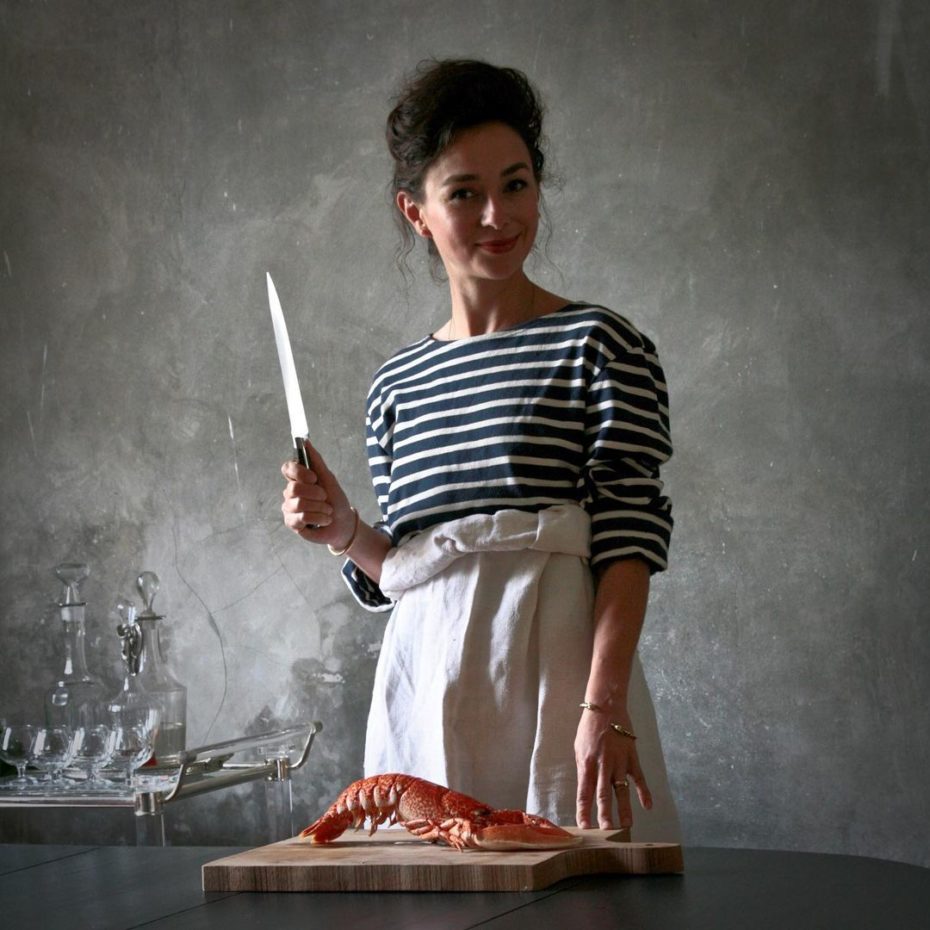
It’s no secret that in the shadow of a second lockdown, property sales for country homes have exploded, even in this forgotten corner of France. Yet in a classic case of Instagram vs Reality, there’s far more to ‘the simple life’ than meets the eye. It takes copious amounts of grit and determination to go against the zeitgeist and truly make a life out here for oneself.
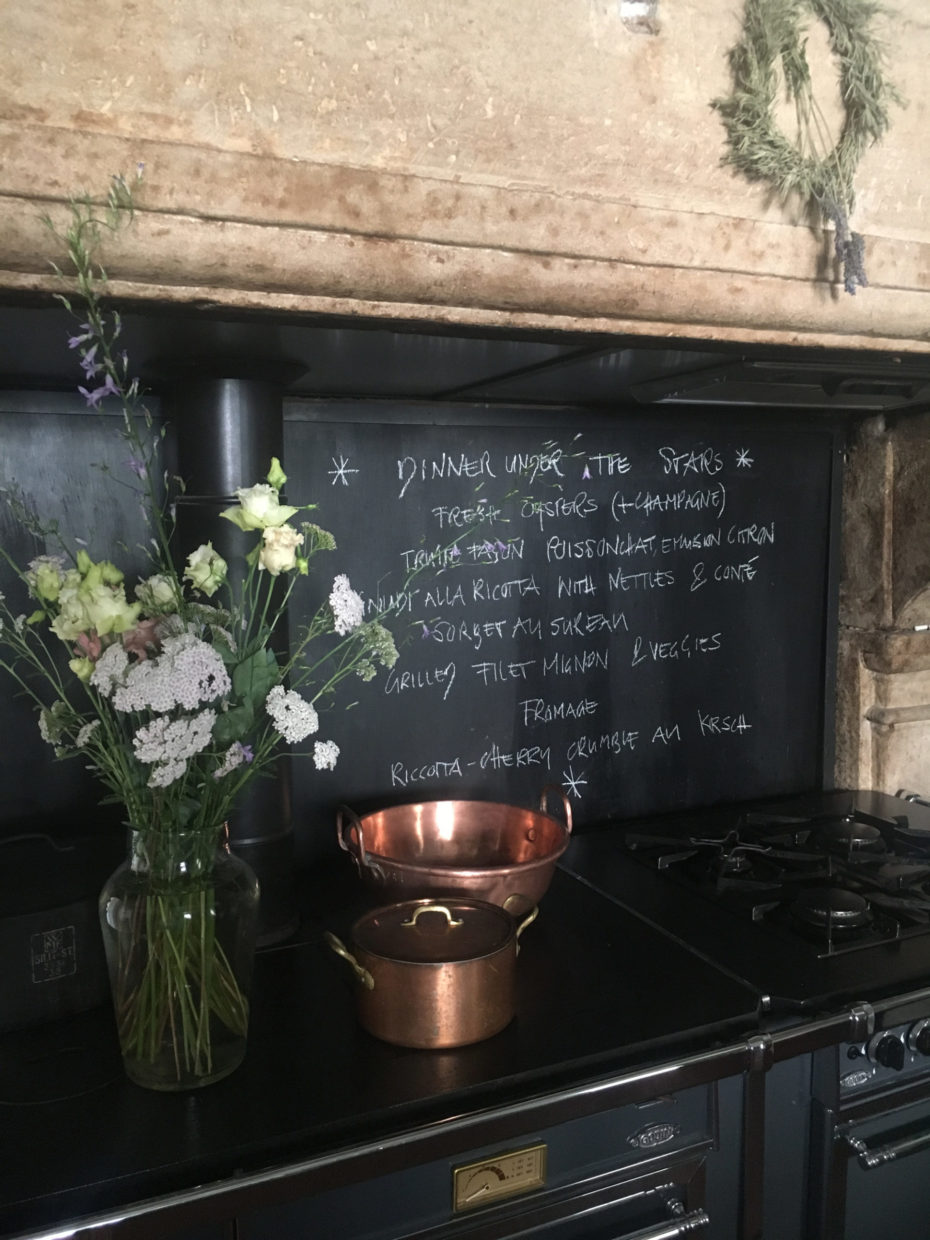
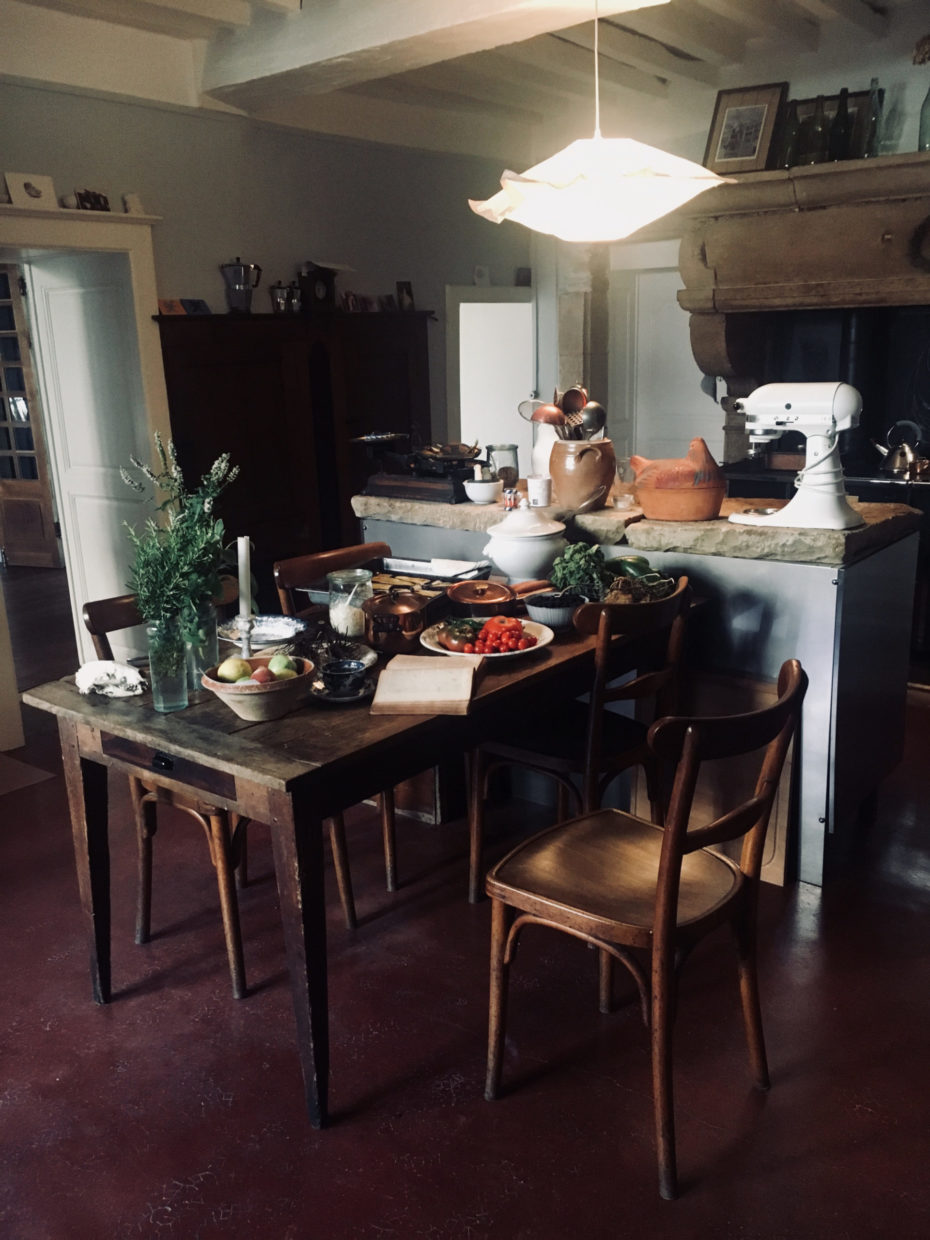
“What you see in the workshops and the Instagram photos is about 5% of what actually goes on behind the scenes”, says Selina, who knows first-hand how difficult it can be to run a business in a rural setting, especially against the backdrop of a global pandemic. Like many small businesses in the travel industry, she was forced to cancel most of her 2020 workshops as border closures and travel bans kept us apart.
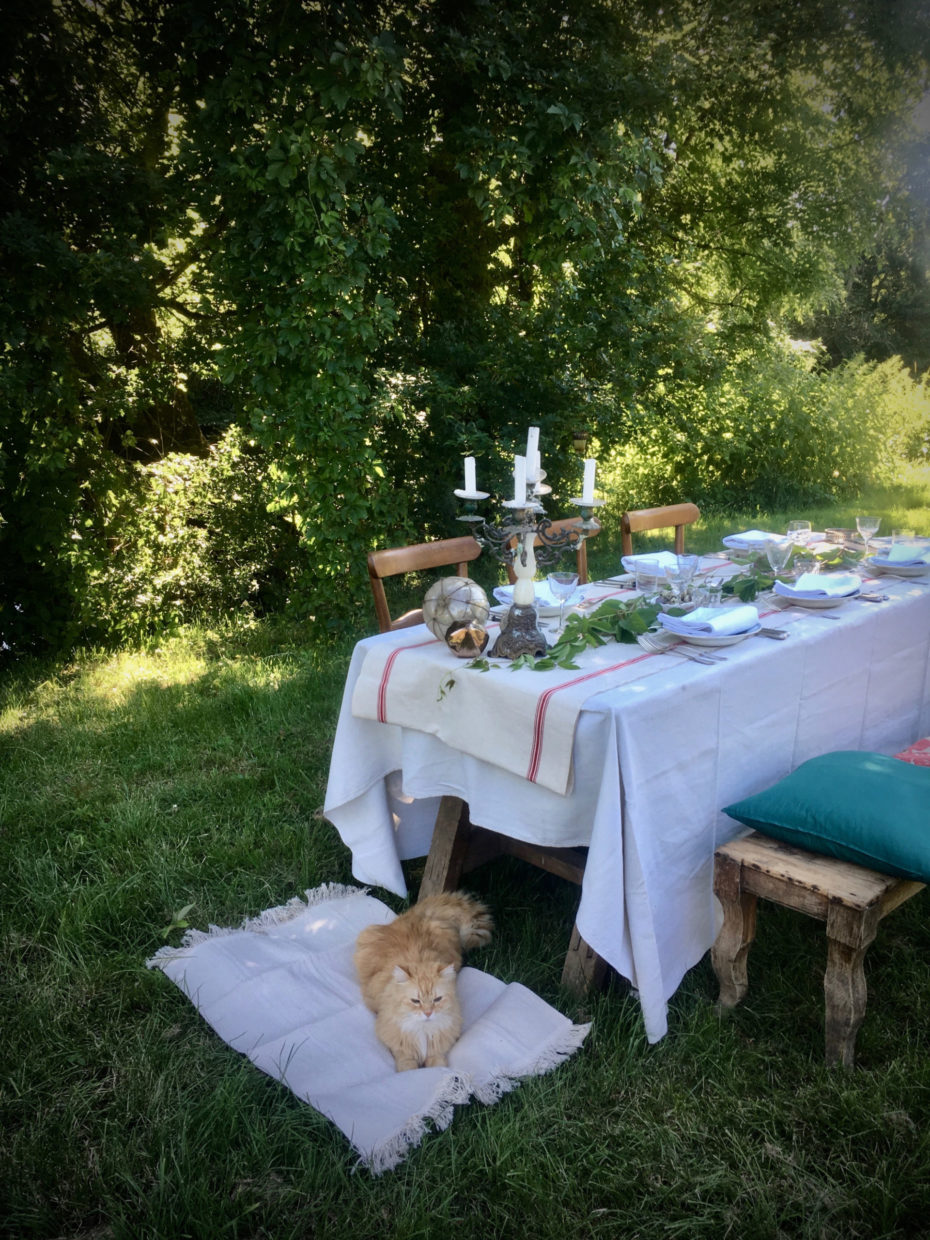
Faced with a quiet summer season, Les Poissonchats decided to use this time to embark on a new project – fixing up a second house, a grand Maison de Metier on the town square that had been left in ruins for decades, guarded by a colony of feral cats and wild trees. “A mad endeavour”, says Selina, brushing off the soot from the old marble fireplace and cracked cast iron plates “but a labour of love”.
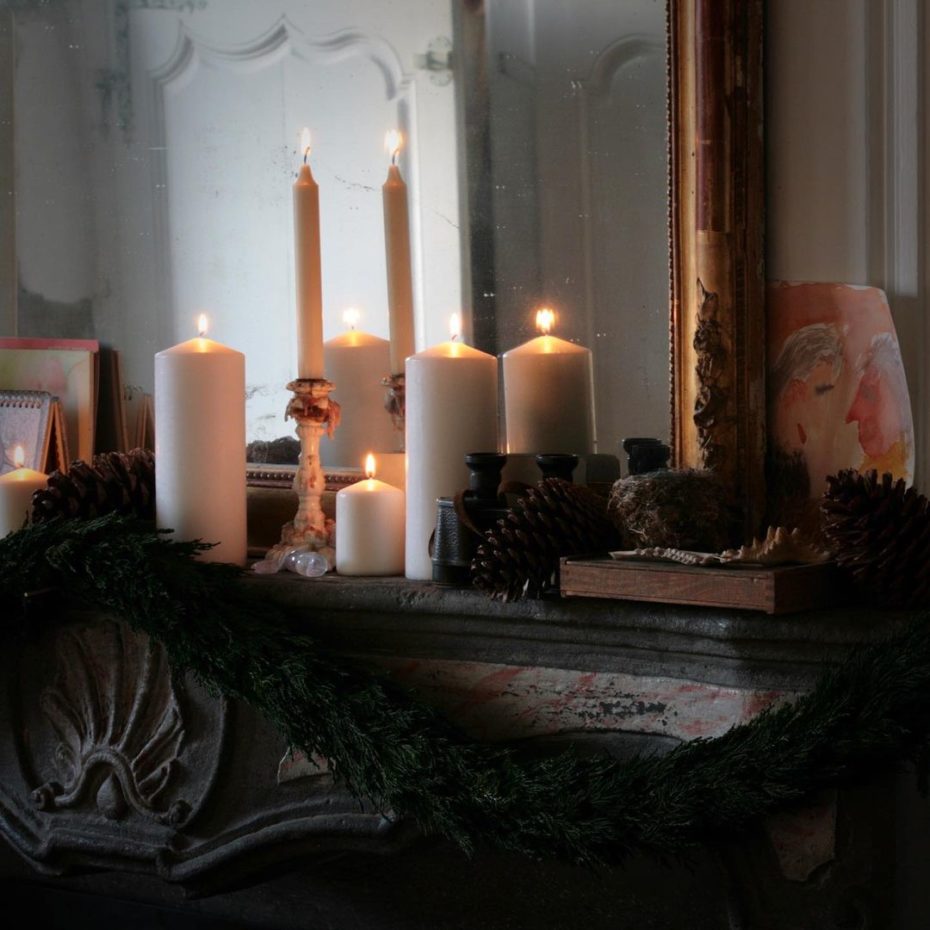
It’s these small details – the sandstone carvings repurposed centuries ago from the old chapel, the original windows, and the cellar stashed with secrets and stories of lost treasure, including an antique 19th century cook-book that Selina swears by for workshop inspiration – which make this place so enchanting, yet so impossible. With migration to surrounding cities and a shift in the demand for historic homes during the second half of the 20th century rendering it difficult to find skilled tradesmen in the area, knowing how to navigate the quirks and kinks of an old house can be a challenge for any budding home-renovator today.
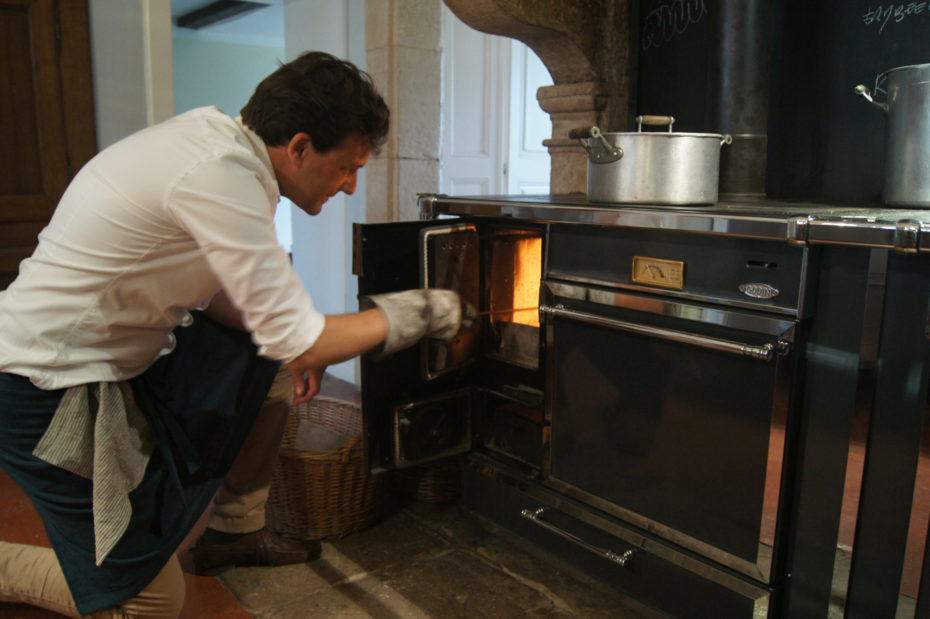
For Selina and Lars, that means taking matters into their own hands when necessary, in the kitchen and in the renovation works, and building strong relationships with local artisans and craftspeople. “You have to be very disciplined with yourself, and you have to know exactly who you are and what it is that you want.”
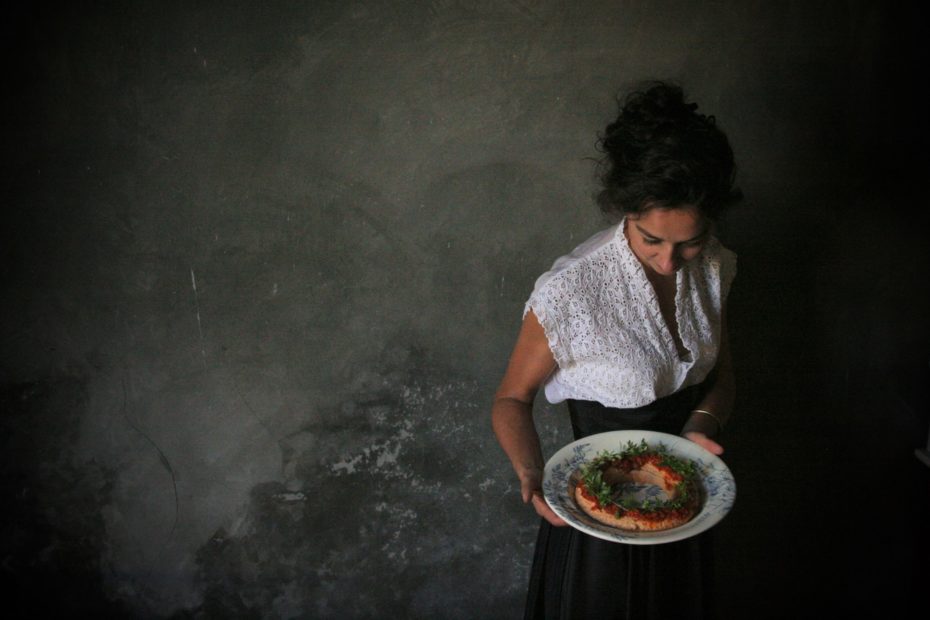
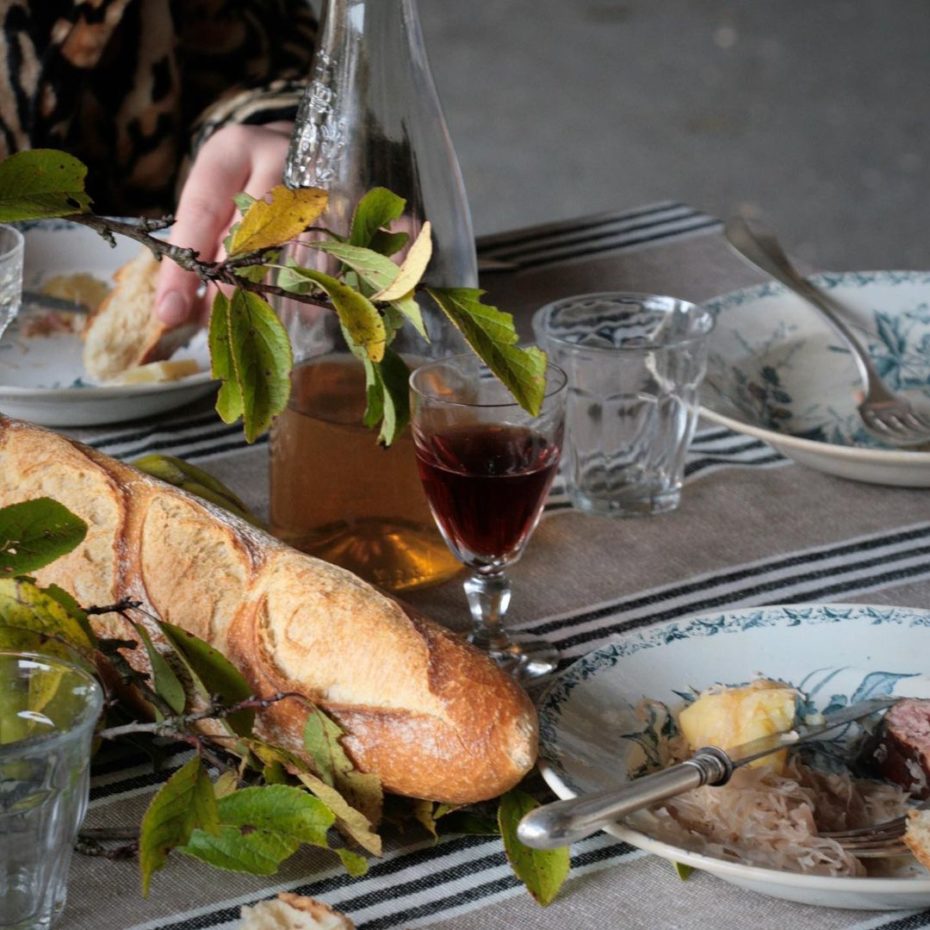
After all, time moves at its own pace in Jonvelle… a blessing and a curse that can be a real test in patience. But for those eager for a taste of la vie en campagne, the l’Art de Bien Manger Workshops are a good place to start. And perhaps now even more than ever, sharing a fine meal, raising a glass of ruby red burgundy and drinking to each other’s health, the alchemy of cooking and transformation, and perseverance of mother nature, can be our answer in these challenging times.


